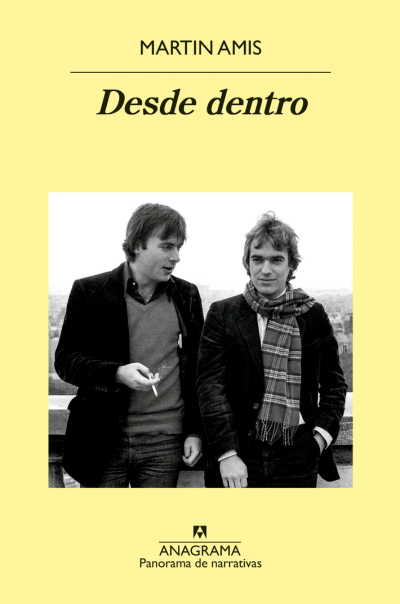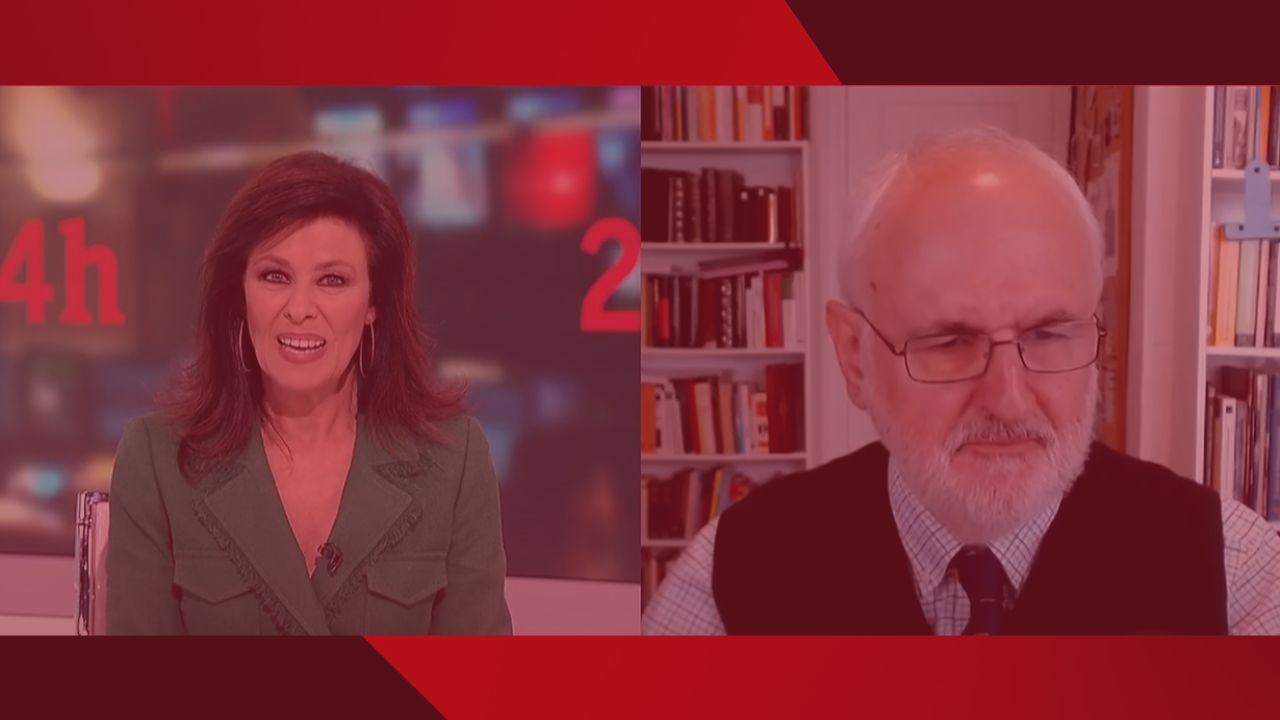The general elections of last April 28th resulted in the worst of the two possible scenarios. Namely, an overwhelming victory of the Socialist Party (PSOE) and a debacle of the People’s Party (PP), with the former coming from 85 seats that it won in 2016 to 123, and the latter dropping from 137 to 66 seats. Two other parties also became winners and losers on election day. On the one hand, Ciudadanos, a liberal-progressive formation, rose from the 32 seats it won in 2016 to 57, which has confirmed its settlement in the Spanish ideological center —which is nothing more than a space for social-democratic acolytes— and has placed it at short distance for the sorpasso to the PP. On the other hand, Podemos, a radical leftist formation, collapsed from the 71 seats it reached in its emergence as a parliamentary force down to 42. Finally, Vox, which in recent weeks had become an unstoppable phenomenon to which some media and a number of experts granted more than 70 seats, finally had 24. This left a bittersweet taste, because, although it is its parliamentary premiere, the role it had acquired in recent weeks pointed out that its entry into Congress would be truly thunderous.
Many conclusions can be drawn from these results, but I will merely make three observations: on the results achieved by Vox, the current situation of the PP, and the new landscape in front of the PSOE —and Spain— in the formation of the new government.
As we have seen, despite the expectations created, Vox will have to settle for 24 seats in the next legislature, which is far from the success of Podemos when it first made its way into the Congress of Deputies, with 70 seats. The nuances of this triumph is due to a serious competitor in terms of structure, consolidation and history across Spain, such as the PP, and, in parallel, to the fact that Vox underestimated traditional media. In this last regard, despite the unprecedented dominance of Vox in social networks, where they are the most active political formation, and that they are the ones who have congregated the most people in their rallies during the electoral campaign, Vox’s lower presence in TVs, compared to the rest of the candidates, has taken their toll. It must be especially highlighted the absence of Vox in the two televised electoral debates, which deprived the party of Santiago Abascal from reaching an audience of 9.5 million people, in addition to confirming that they were outsiders —although the latter would not necessarily be classified as something negative.
For these reasons, Abascal himself conceded that, in light of the results at the polls, Vox had gone «from reconquest to resistance». However, he stressed that, for the first time in many years, 2.6 million Spaniards would have real representation in the hemicycle.
On the other hand, these elections leave the PP in the spotlight, a party that was once hegemonic and today is wounded —or perhaps, even dying. The analysis about the formation led by Pablo Casado can only be carried out in parallel with that of the fragmentation of the ideological right in Spain. A right that has obtained just 44,000 votes less than all leftist parties combined (11,169,796 for Citizens, PP and Vox, compared to 11,213,684 of PSOE and Podemos), but which, on the whims of the electoral law, adds 147 seats against 165 of its rivals. But let us postpone the issue of seats to address now the formation of the new government, and return to the Spanish ideological right.
The PP must understand that it cannot claim the electorate a partial renunciation of its principles for the sake of a greater good
In recent days, the PP, together with the center-right media outlets, have structured a fallacious argument based on two pillars. First, that the right that José María Aznar had put together decades ago under a strengthened PP, and now sheltered under Casado’s leadership, has been mutilated with Vox’s split. And second, that this split —and even treason— has prevented the eviction of Sánchez from La Moncloa.
As for the first of these arguments, the criticism launched against Vox is, at least, incorrect. The birth of this party is not so much a cause as a consequence of a fact that was the exclusive responsibility of the PP of Mariano Rajoy. Namely, that in April 2008, it embraced social democracy and urged that, if someone wanted to go to the liberal party or the conservative, they were all welcome to do so. And so it happened. Ciudadanos, as social-democratic as the PSOE —although self-denominated as liberal—, was a first response to this call. But above all, Vox has.
Vox represents the liberal-conservative ideology with greater coherence than the PP of the last decade —and, perhaps, better than it ever did. Its conservative character is reflected in an extreme defense of the unity of Spain and of the values that have forged it throughout history, as well as in its commitment to create a culture of life, not death. On the other hand, they exhibit an obstinate interest in reducing the size of the State, both in its income —taxation— and in its spending; in proclaiming individual freedom in all its aspects —economic, educational, etc.—, and in solving some pending subjects, of maximum urgency and seriousness, such as the broken pension system. In short, Vox upholds the most liberal economic proposals in Spanish democratic history. It represents, therefore, more freedom and more Spain.
Regarding the second argument mentioned above, the PP blames Vox for the electoral debacle of the right under the premise of divide et impera; something that, in my opinion, denotes an unresolved problem of the two classic parties of Spanish politics: the PSOE and the PP. In the case of the second, the one that concerns us, the critique of Vox is indicative of his vision of the ultimate goal of politics; the attainment of power by power. The objective thus becomes to unseat the opposition party as a preponderant adversary and take its place. And, under the pretext of achieving that goal, ideological blurring becomes a minor issue.
However, this approach is completely ironic in the case of the PP, since it was precisely its transformation into what Kirchheimer (1996) called catch-all party that led this political formation to its ruin. This ‘catch-all’ party brought together democrats, conservatives and liberals for two decades, and, for a few years, social democrats, broadening its ideological spectrum to a point where its own indefinition has proved fatal. Thus, the PP must choose; it must make a decision that is not only legitimate, but necessary. Legitimate since, as Vox states, representing a sector of the population is —or should be— the vocation of any political party, in order to defend its interests, regardless of whether it has a real capacity to govern or not. The purpose is not to reach power at any cost, but to represent someone. And the decision to be taken by the PP is also necessary, since, in the medium and long term, no party with such an ideological scope survives in good condition, and thus a renewal is imposed. Of people and ideas. For an ideology where everything fits is not an ideology at all.
The election of Pablo Casado as leader of the PP brought regeneration to the party’s leadership and, at the same time, it seems to have set a clear course in the ideological dimension. Or so I believe. His election campaign was marked —and, by some, criticized— for his right-wing discourse, which sought the affinity of the fugitive voter who had found refuge in Vox. So much so that, just a few days before the election date, Casado opened the doors of a possible coalition government to this formation. However, just two days after the hecatomb at the polls, the PP changed his speech, calling his potential ally ‘alt-right’, and positioning the PP as a moderate party, and poorly self-appointed as centrist, because there might be quick return to Rajoy’s social-democratic recipes. In other words, if the right-wing strategy has not paid off, it becomes imperative to explore other fish banks. Such a big mistake. Calling out voters who have left the PP is not the wisest strategy to have them come back. In this state of affairs, Casado and his team would do well to take note of what the PSOE has done —the other Spanish party with catch-all tendencies— that is, its ideological drift to the left, without neglecting the adoption of a moderate tone with regard to Podemos, with which the PSOE has recovered part of the electorate that Podemos took from it in 2016.
Finally, it is worth briefly mentioning the political landscape that is being seen in Spain. Especially, when it comes to government formation. Both the 147 seats of the —mistakenly called— ‘three rights’, and the 165 harvested by the left are far from the 176 that make up the absolute majority necessary for the constitution of an Executive. This is not trivial, because the difference will mark the future of the country over the next few years. The fundamental distinction between the two blocs is that the former has no allies, while the latter may be willing —as it has done in recent years— to rule Spain with those who want to destroy it.
In any other respectful democracy, the PSOE would reach an agreement with Ciudadanos and the PP, thus obtaining a centrist, moderate and stable majority, although dominated by social democracy. This would ultimately ensure the governance of Spain. However, the discrepancies between the first and the second seem insurmountable today, so the PSOE will resort to other government partners. Namely, quasi-Bolivarian populists, and separatists of diverse ideological nature.
Before such scenario, a period of deep reflection is ahead for the Spanish right and, especially, for a diffuse PP that denotes a certain panic. A PP that must understand at once that it cannot continually claim the electorate a partial renunciation of its principles for the sake of a greater good, as it did in 2011 to overcome a devastating situation of crisis.
A crisis that could be just around the corner again, and which becomes even more imminent before the latest Government’s announcement of a tax increase of 26,000 million euros, and its communication to the European Commission that it will fail to meet this year’s deficit commitment by 9,000 million euros. Only the principle that, traditionally, Spain chooses the right to get out of recessions could cause the eviction of a left-wing, liberty-killing government and whose betrayal of Spain is attested by its alliances with the Basque and Catalan nationalists. Of course, the crisis will not free the right to face its own challenges: it will have to be rethought that the request, and even demand, of its voters to sacrifice their principles is not a viable strategy for a situation of democratic normality.






